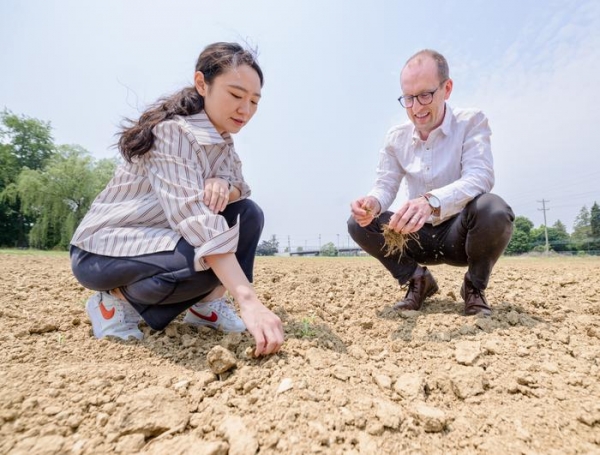As the world faces more climate variability and extremes in the face of global warming, sudden environmental changes add an extra layer of stress to food production in the United States and around the world. It is critical, then, to figure out how the areas in which crops are planted and harvested respond to these stressors, which can bring on ‘shocks’ in production — or, put differently, sudden and statistically significant crop declines.
These production shocks are a big concern in terms of food stability and many crops in the United States — such as corn, cotton, soybeans and wheat — are all experiencing more frequent production reductions as a result of these shocks.
A new study published in the scientific journal Nature Sustainability and led by the University of Delaware’s Dongyang Wei looked at these production shocks and, specifically, how they are affected by variations in planted and harvested areas.
Read More: University of Delaware
Photo Credit: University of Delaware/ Evan Krape


